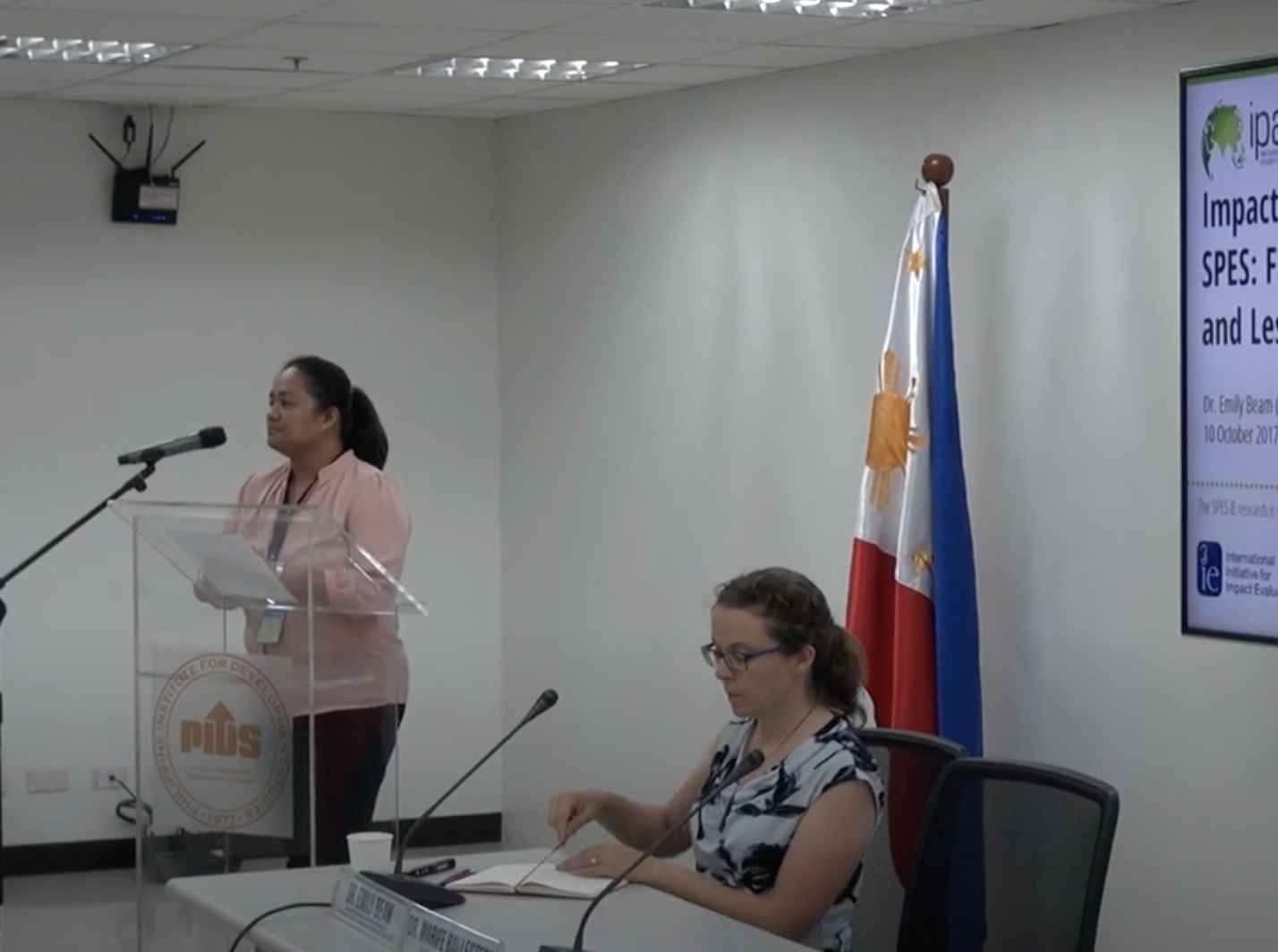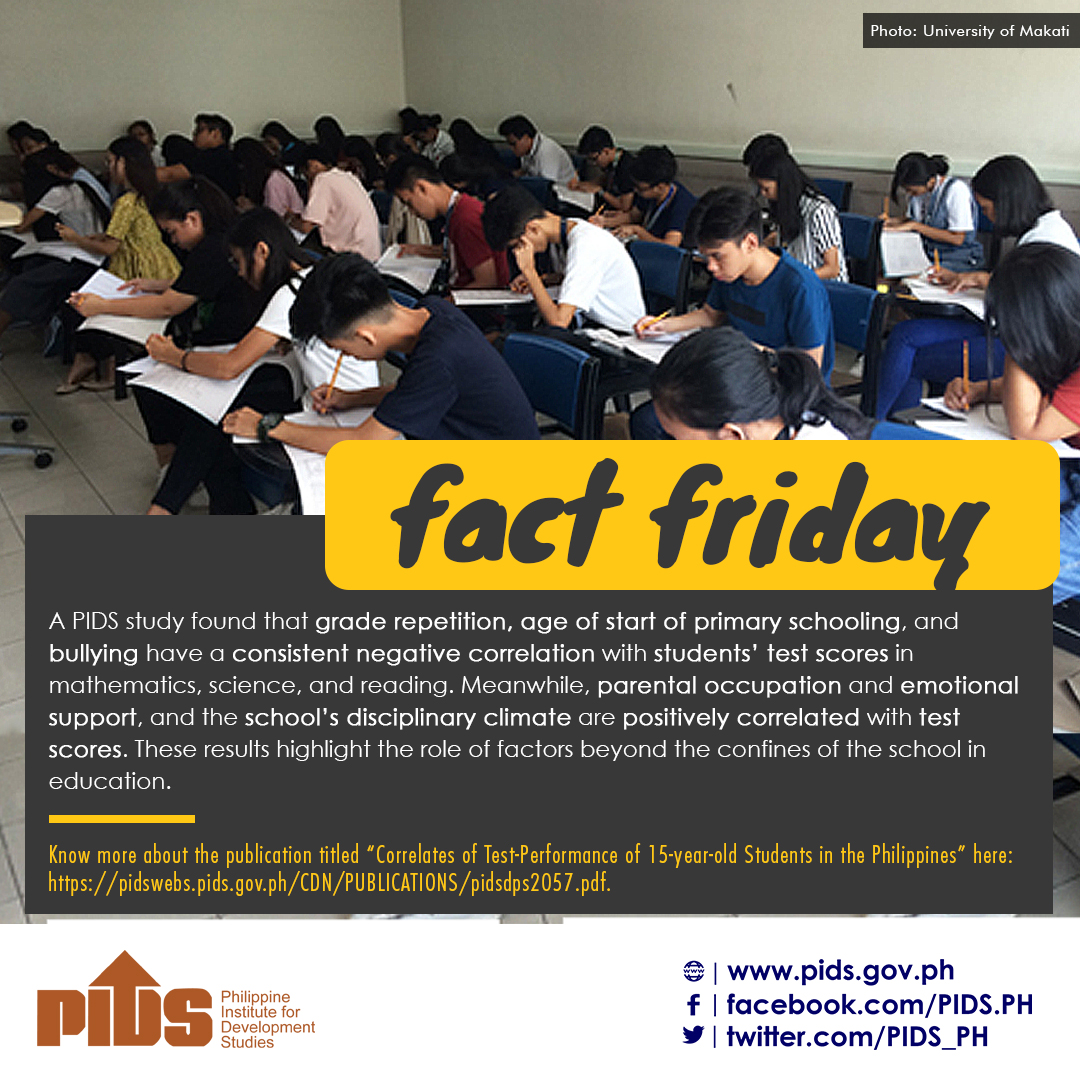A LAWMAKER has filed a bill seeking to prohibit public school teachers from assigning homework to elementary and high school students during weekends, saying they are “overworked” and should be allowed “to enjoy their childhood and to allow them to spend quality time with their parents.”
“The optimal amount of time to spend on homework is 90 to 100 minutes daily and once that threshold is passed, the time spent and the amount of homework stopped being effective and end up being detrimental,” said Rep. Sam Versoza (PL, Tutok to Win) House Bill No. 8243 of the proposed “No Homework Law.”
Versoza said students work extra hours to finish all their daily assignments, giving them and their parents additional workloads instead of spending quality time with each other.
“The Filipino youth are overworked and yet the Philippines is trailing behind other countries,” Versoza said in a privileged speech. “When we reduce their time for homework, our students will have additional time to learn life, social and practical skills for a holistic development and learning experience.”
Versoza said there is a reason why Finland, China, South Korea, Japan, and other progressive nations have reduced the workloads of students.
Proposals to impose a no-homework policy on weekends have been gathering dust at the House Since the 17th Congress, since the first three years of the previous administration, which covers the years 2016 to 2019.
In his bill, Versoza cited a May 18 CNN report that “Pinoys have below average IQ” which was based on the World Population Review’s data which shows that out of 199 countries, the Philippines ranked 111th with an average IQ of 81.64, which is far from the global average IQ of 100.
He also cited the Programme for International Student Assessment (PISA) report in 2018 that the Philippines scored the lowest in Reading and second lowest in Science and Mathematics.
“The Philippine Institute for Development Studies (PIDS) thus confirmed that we are now in the middle of an educational crisis.3 They stated that: ‘The country still has high attendance rates at all levels of the education system compared to countries of similar development state. It is, however, facing the challenge of low quality on the average,’” Versoza said.
The same PIDS report said the finding can be interpreted to mean that an average Filipino student “spent more time in school but less productively than their counterparts” in other countries.”
“If we are to correlate the PIDS study to the PISA findings and other scholarly journals, the problem lies in the students having excessive school hours but are low in learning productivity. Upon going home, they are still piled with homework, despite experts saying that one hour of homework is enough,” Versoza said.









